The first chapter of this excellent resource about the uses and misuses of Lewis and Clark in U.S. classrooms is “Beyond Adventure.” This evocative title also says a lot about what is offered by the authors of a book that is at once critique (of the dominant Lewis and Clark adventure narrative) and curriculum (new lessons that help teachers move beyond).
On the critique side, the authors of Teaching Critically about Lewis and Clark: Challenging Dominant Narratives in K-12 Curriculum examine how popular textbook treatments of Lewis and Clark miseducate children by erasing Indigenous people, knowledge, and history — like the Harcourt Social Studies book for elementary students that asserts, “Little was known about the land in the Louisiana Purchase.” Known by whom? On the curriculum side, the authors offer promising lesson plans for children of all ages.
One example that powerfully refutes the textbook passage above is “Everything Was Already Loved.” In this elementary lesson, each student learns about and draws a different plant known and used by Indigenous peoples before the arrival of white colonizers — red cedar, huckleberries, wapato, camus, biscuitroot, etc. — to create a “card” and play a game similar to Uno, with a unique set of rules. The rules, of course, are not the point. The point is to help children marinate in the wealth of scientific knowledge held by Indigenous people. To quote poet Karenne Wood, from which the lesson takes its title, “Nothing was discovered. Everything was already loved.” [Description from Rethinking Schools.]
ISBN: 9780807763704 | Teachers College Press

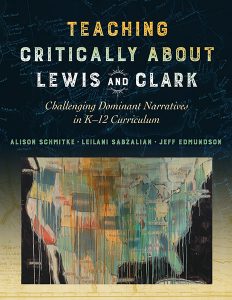

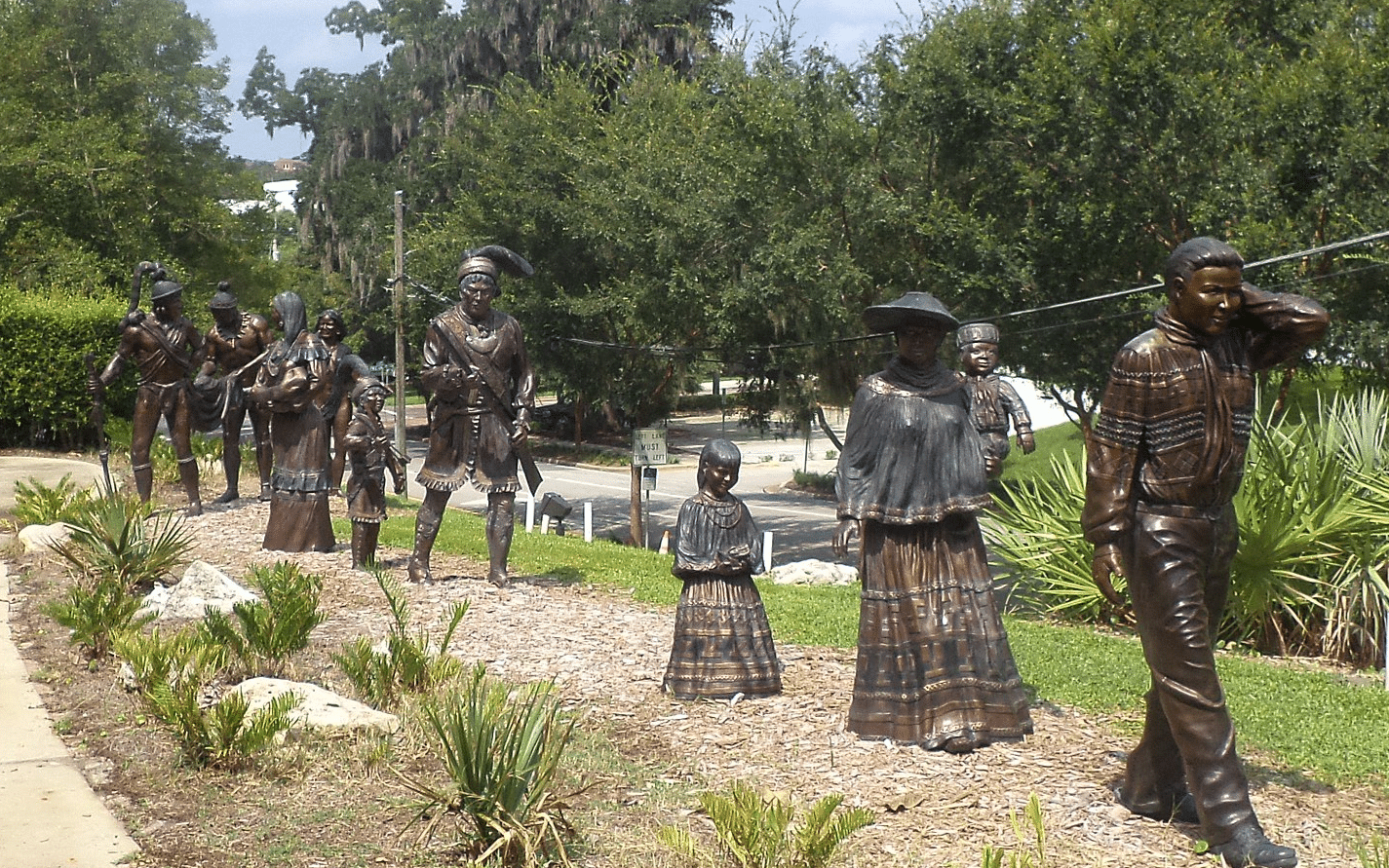
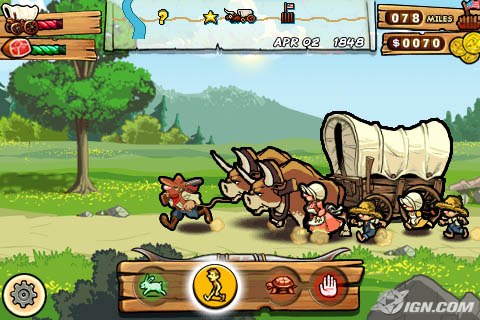
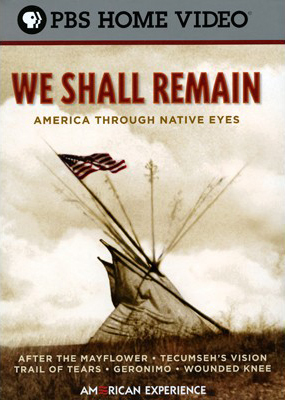
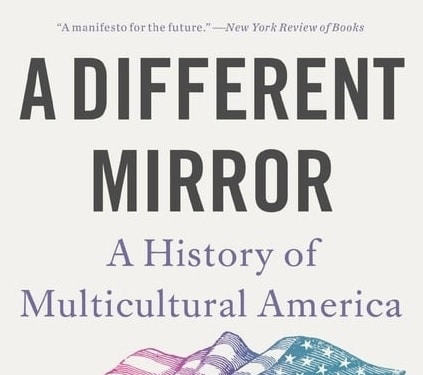
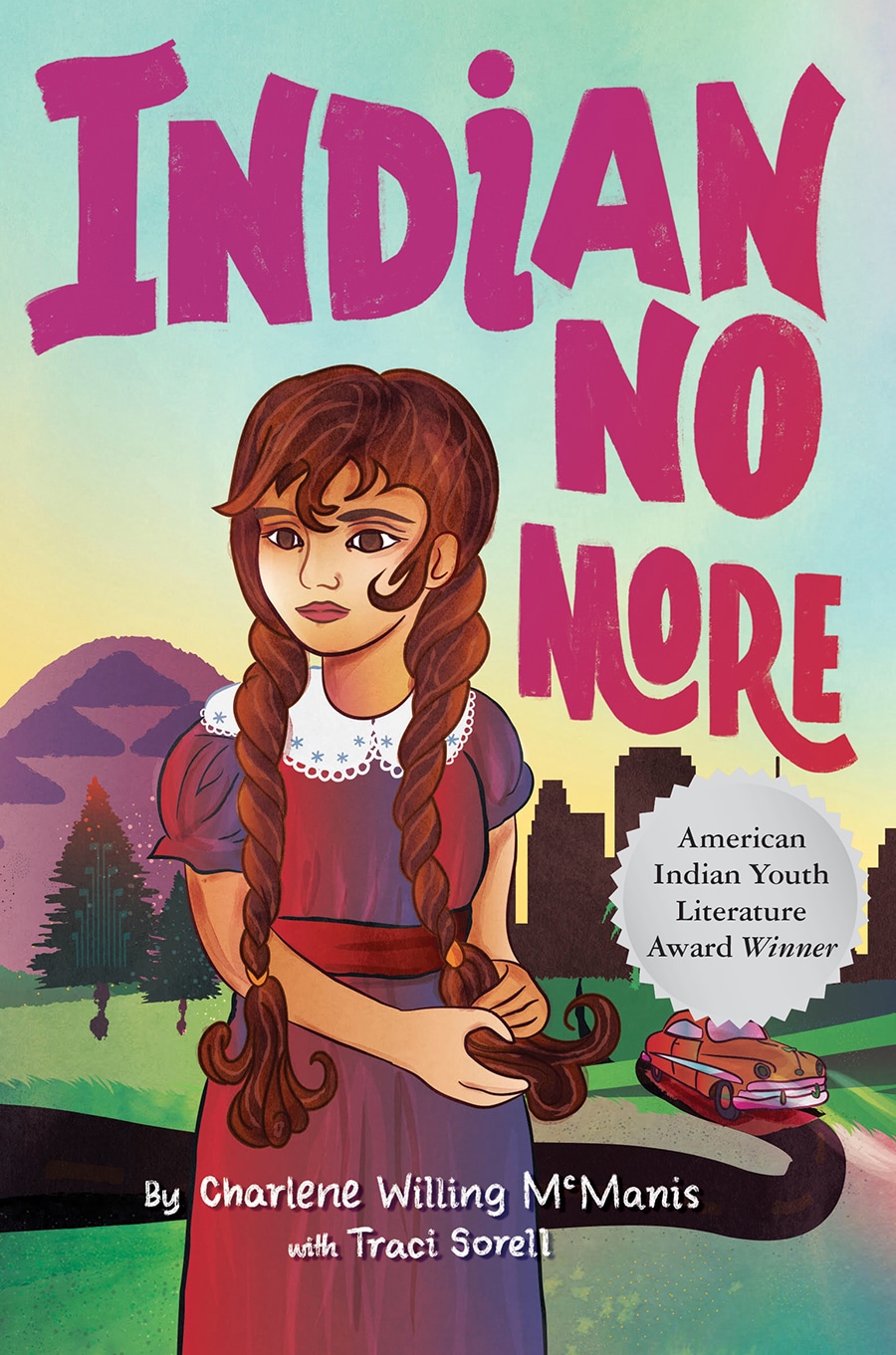
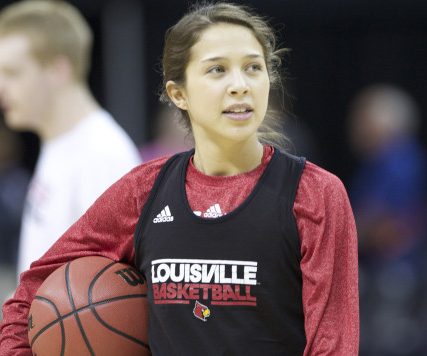
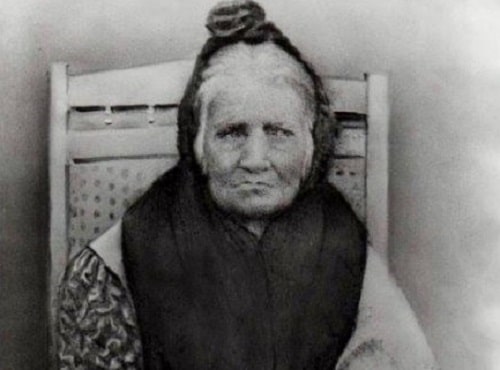
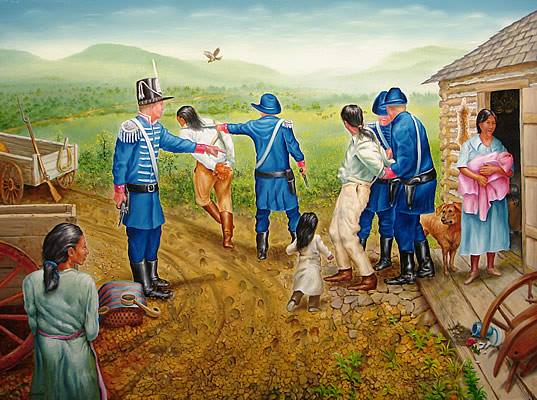
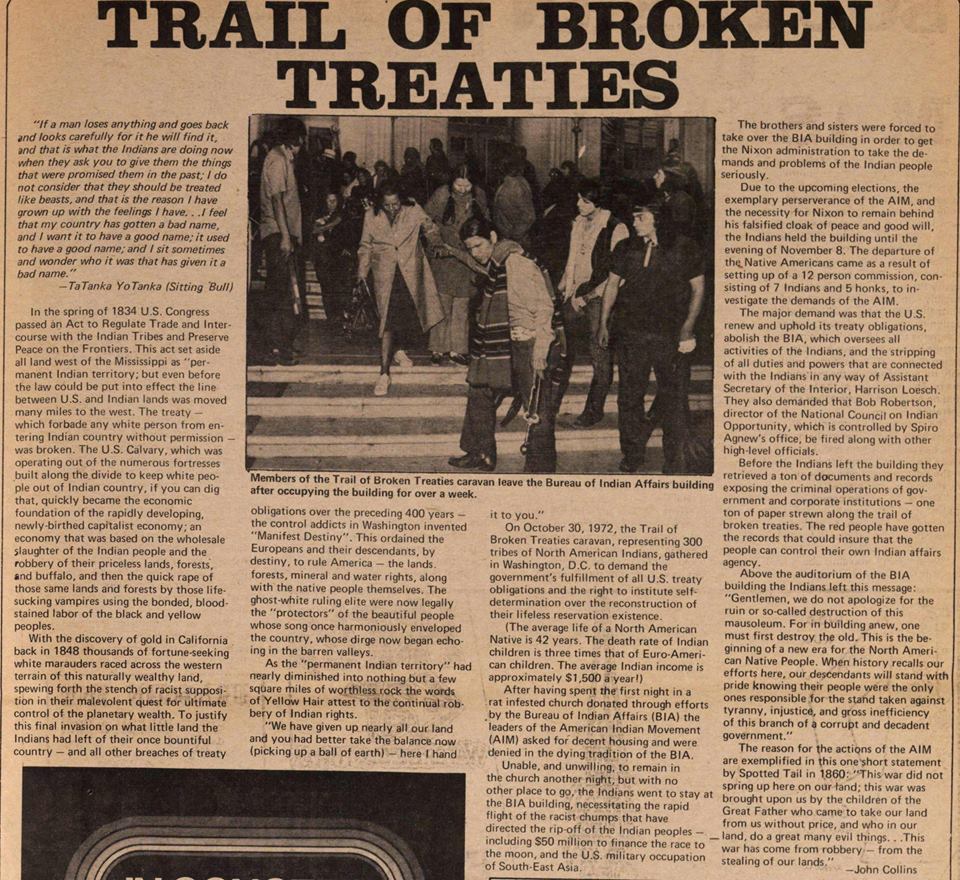






Twitter
Google plus
LinkedIn